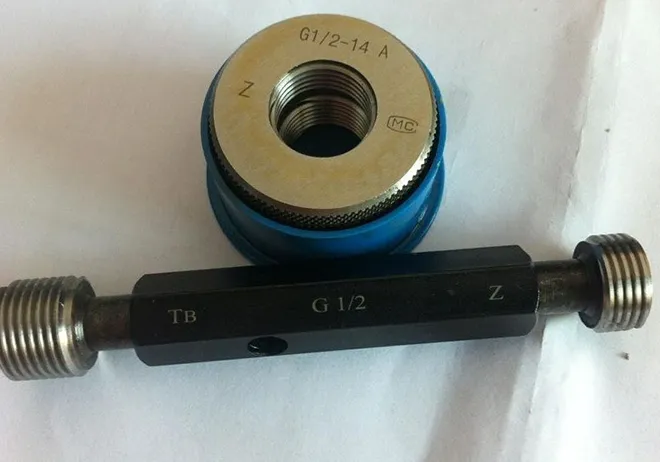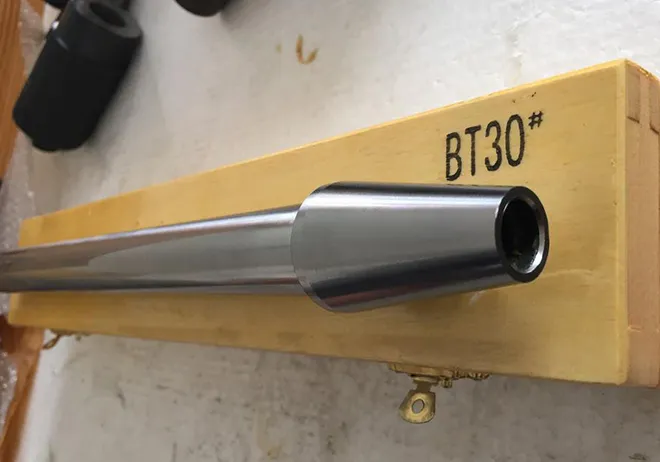Sep . 13, 2024 15:46 Back to list
Measuring Tools for Sale in Metalwork and Engineering
Accurate measurements are crucial in metalworking and engineering. From simple rulers to high-precision digital tools, the market offers a variety of measuring tools for sale that suit different industrial applications. These tools help ensure that materials are cut, shaped, and assembled with accuracy, contributing to the overall quality and functionality of a product. Selecting the right measuring tool depends on the required precision, the type of material being worked on, and the scale of the project.
Common measuring tools include:
- Calipers: Ideal for precise internal and external measurements.
- Micrometers: Offer even finer accuracy for small-scale measurements.
- Tape Measures: Often used for larger, less precise measurements in initial stages.
- Digital gauges: Provide high accuracy and can be connected to software for data recording.
Available Types:
- Manual calipers, micrometers, and digital versions.
- Digital and analog gauges.
- Laser and optical measurement tools for high-precision tasks.
Engineering Measuring Tools for Precision Projects
In the field of engineering, precision is paramount. Engineering measuring tools are designed to ensure that projects meet strict design tolerances. These tools are used for everything from assessing material dimensions to verifying alignment and ensuring the accuracy of mechanical components.
Some key engineering measuring tools include:
- Vernier Calipers: Provide highly accurate measurements of internal, external, and depth dimensions, often used in mechanical engineering.
- Dial Indicators: Used to measure small distances or variations, often in alignment and deflection testing.
- Laser Measuring Tools: Offer highly accurate distance measurement for both large and small projects.
- Height Gauges: Used for vertical measurement and marking of workpieces, essential in precision engineering.
For engineers, accuracy is the most critical factor when choosing tools. Many of these instruments come with calibration features or are sold with certified accuracy levels to ensure they meet industry standards.
Common Tools:
- Vernier and digital calipers.
- Dial indicators and height gauges.
- Precision laser and optical measurement tools.
Applications of Gauge Measurement Tools
Gauge measurement tools are commonly used in both metalworking and engineering fields to measure various dimensions such as thickness, depth, height, and pressure. These gauges come in several types, each designed for specific applications.
Examples of gauge measurement tools include:
- Feeler Gauges: Used to measure gap widths and clearance between parts, commonly applied in automotive repair and maintenance.
- Dial Gauges: Measure small linear distances with precision, typically used for alignment checks and precision machining.
- Thread Gauges: Determine the size, pitch, and diameter of screws and bolts.
- Pressure Gauges: Monitor fluid pressure in systems like HVAC or hydraulics.
Each gauge serves a specific function, ensuring that critical measurements are within acceptable tolerances and that machinery, products, or components work correctly.
Common Gauge Types:
- Feeler gauges for measuring gaps.
- Dial indicators for linear displacement.
- Pressure gauges for monitoring system pressures.

Importance of Level Measurement Tools in Construction and Metalwork
Level measurement tools are essential for ensuring horizontal or vertical alignment in construction, engineering, and metalworking. These tools help verify that surfaces, structures, or components are level and aligned correctly, which is vital for safety and performance.
Some of the commonly used level measurement tools include:
- Spirit Levels: These traditional levels use a liquid-filled vial with an air bubble to determine if a surface is level or plumb.
- Laser Levels: Provide precise horizontal and vertical alignment using a laser beam, commonly used in construction, engineering, and carpentry.
- Inclinometers: Measure the angle of tilt or slope, often used in civil engineering and surveying.
- Digital Levels: Offer high precision and are equipped with digital displays for ease of use, especially in metalworking and construction.
These tools ensure the correct positioning of machinery, workpieces, or structures, leading to improved accuracy and safety during construction or assembly.
Popular Tools:
- Spirit levels for general use.
- Laser levels for large-scale projects.
- Digital inclinometers for precise angle measurement.
Measuring Tools in Metal Work: Ensuring Accuracy and Quality
Measuring tools in metal work are essential for maintaining the tight tolerances required in machining, fabrication, and manufacturing processes. Accurate measurements ensure that parts fit together as designed, maintain structural integrity, and function as intended in mechanical systems.
In metalworking, precise measurements are required at every stage, from cutting raw materials to final assembly. Some key tools include:
- Micrometers: Provide precise measurements of small distances or thicknesses, often used in machine shops.
- Combination Squares: Used for measuring angles and marking straight edges during metal fabrication.
- Protractors: Ensure accurate angle measurements and cuts, particularly in sheet metal work.
- Depth Gauges: Used to measure the depth of holes or slots in metal workpieces.
These tools allow metalworkers to achieve the precise cuts, shapes, and dimensions necessary for high-quality metal components. Digital versions of these tools are becoming increasingly popular for their ease of use and enhanced precision.
Commonly Used Tools:
- Micrometers for precision measurement.
- Protractors for angle measurement.
- Combination squares for marking and measuring edges.
Whether you're an engineer, metalworker, or involved in construction, having the right measuring tools is essential for accuracy, precision, and quality in your projects. From gauge measurement tools for intricate measurements to level measurement tools ensuring proper alignment, the market offers a wide variety of engineering measuring tools that cater to diverse applications. Explore the range of measuring tools for sale today to elevate your projects with professional-level precision.
-
Y Type Strainer Cleaning ProceduresNewsJul.02,2025
-
Welding Table Cast Iron Heat ResistanceNewsJul.02,2025
-
Spline Ring Gauge Roundness VerificationNewsJul.02,2025
-
Ring Gauge Set for Thread InspectionNewsJul.02,2025
-
Measurement Platform Surface FlatnessNewsJul.02,2025
-
Granite Box Thickness StandardsNewsJul.02,2025
Related PRODUCTS













